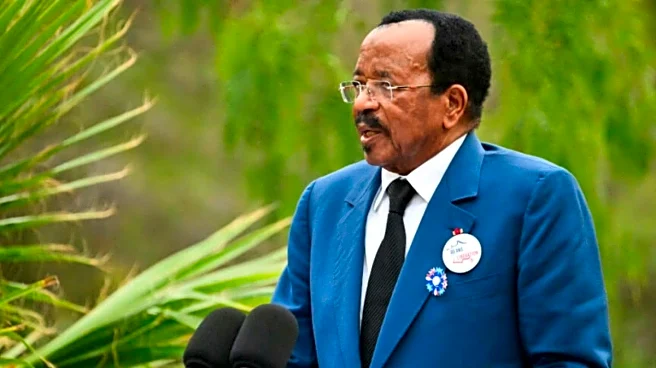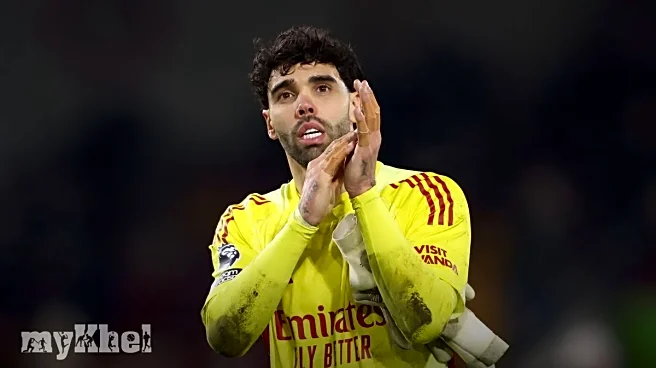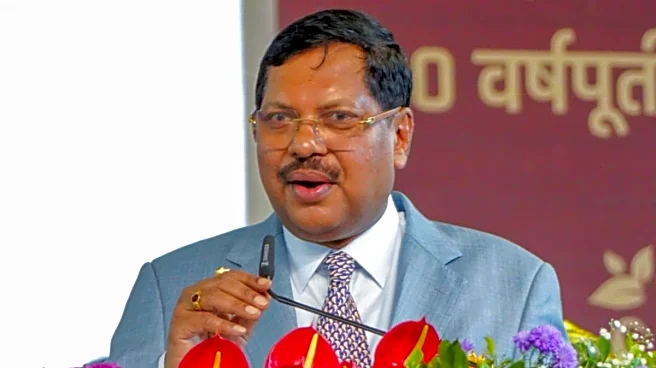Cameroon, a Central African nation that gained independence from French rule in 1960, has been under the leadership of only two presidents since its liberation. The current head of state, Paul Biya, has long
held the distinction of being the world’s oldest serving president. At 92, Biya shows little sign of stepping aside, even as the country had its yet another presidential election on Sunday, October 12.
If re-elected, Biya’s next term will extend until he turns 99, a remarkable milestone given that Cameroonian presidents serve 7-year terms. Having assumed power in 1982 following the resignation of the country’s first president, Ahmadou Ahidjo, Biya has now led Cameroon for over 40 years. Throughout this period, he has successfully run for the presidency 8 times, often securing more than 70% of the vote, according to official figures.
Before assuming the presidency, Biya served as Cameroon’s prime minister from 1975 to 1982. Educated in political science in Paris after initially training for the Catholic priesthood, Biya has maintained a tight grip on power through a combination of political loyalty, strict governance, and suppression of both political and armed opposition.
Analysts note that much of the day-to-day administration is often handled by senior party members and family associates, particularly during periods when Biya resides in Europe for health reasons. Reports in 2018 estimated that government funds spent on his overseas treatments and holidays in Geneva amounted to around $65 million (approximately Rs 576.25 crore).
Biya’s tenure has been shaped by a consolidation of power, including appointments of loyal aides to key positions such as the parliamentary speaker and the head of the state oil company. In 2008, he abolished presidential term limits, effectively allowing himself to remain in office indefinitely. Critics accuse him of stifling opposition and manipulating elections to maintain his position, while promises of jobs and poverty alleviation remain largely unfulfilled.
Under Biya’s rule, Cameroon has faced deep economic challenges, including unemployment, inflation, and widespread poverty. The World Bank estimates that roughly 40% of the population lives below the poverty line, struggling with limited access to clean water, healthcare, and education.
Despite these persistent hardships, Biya continues to command a formidable political presence, defying age and criticism alike as he prepares for another term.


/images/ppid_a911dc6a-image-177094683533915067.webp)

/images/ppid_59c68470-image-177094509331581965.webp)

/images/ppid_59c68470-image-177094504615411398.webp)
/images/ppid_a911dc6a-image-177094403738091205.webp)






